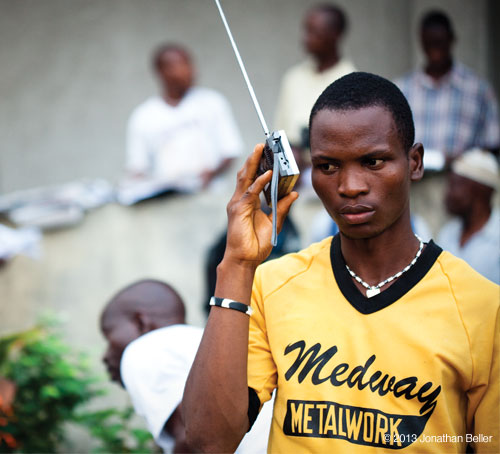 |
| Radio stations serve as a vital link between people and their government. |
The Life-saving Role Of Radio Stations In The Ebola Crisis
Radio stations face major challenges in the communities they serve. Lack of basic health care services, poor infrastructure and low literacy are common. Communities steeped in deep traditions, including care of the sick and burial of the deceased, had to be suspended for Ebola to subside. Rumors, including conspiracy theories and outright denial that Ebola was real, made the challenge even greater. In some cases, radio journalists and stations were attacked as they covered the crisis.
Radio broadcasts in local languages provided life saving information on:
• How to prevent the spread of Ebola.
• How to recognize Ebola symptoms, and what to do when you see them.
• Guidance and updates from the Centers for Disease Control & Prevention, Doctors Without Borders, the World Health Organization, Ministries of Health and Sanitation and other authorities.
Radio broadcasts also helped Ebola survivors, victim’s families, responders, and communities to cope with the crisis by sharing news and proving comfort through conversation. Music, cultural, and community-oriented programs bought some sense of normalcy to people living in fear, grief and uncertainty. Teachers broadcast lessons to students confined to home during national school closures caused by Ebola. Today, “Post-Ebola” programs are urging vigilance.
|